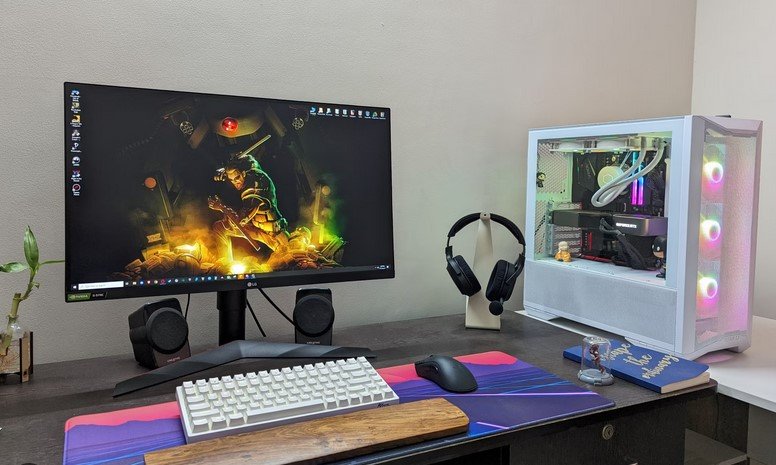In today’s digital age, protecting your computer from viruses is more important than ever. Viruses and malware can lead to data loss, identity theft, and other serious issues. Fortunately, there are many effective strategies to keep your computer safe from these threats. Whether you’re using your computer for work, entertainment, or personal tasks, following these steps will help you stay secure and avoid potential risks.
Install Reliable Antivirus Software
The first step in protecting your computer from viruses is to install a reliable antivirus program. Antivirus software is designed to detect, block, and remove harmful viruses and malware from your computer. Make sure to choose a well-known, trusted antivirus provider, and keep the software updated regularly. Most antivirus programs will run in the background, continuously scanning for threats without slowing down your system.
Many programs also offer real-time protection, which means they actively block malicious files as soon as they are detected. Having antivirus software in place is one of the most critical components of safeguarding your computer.

Keep Your Operating System Updated
Another essential practice for protecting your computer from viruses is to regularly update your operating system. Software updates often include security patches that fix vulnerabilities, making it harder for hackers to exploit your system. Whether you’re using Windows, macOS, or Linux, staying up-to-date with the latest versions will enhance your protection.
Many operating systems allow automatic updates, which can help ensure you’re always using the most secure version.
Be Cautious with Email Attachments
Email is one of the most common ways viruses spread. Cybercriminals often send malicious email attachments disguised as legitimate files, hoping to trick recipients into downloading and opening them. To protect your computer from viruses, never open attachments from unknown or suspicious sources.
If you have any doubts, contact the sender to verify whether the attachment is safe before opening it.
Use Strong, Unique Passwords
Another key strategy for protecting your computer from viruses is using strong, unique passwords for all of your accounts. Weak passwords are easier for hackers to guess or crack, giving them access to your personal information and computer. Create passwords that are at least 12 characters long, combining uppercase and lowercase letters, numbers, and symbols.
Avoid using the same password across multiple sites.
Avoid Downloading Untrusted Files
One of the easiest ways viruses infect computers is through downloaded files. Whether you’re downloading software, music, or other files, always make sure you’re doing so from reputable, trusted sources.
Before downloading any file, double-check the source and use your antivirus software to scan it for potential threats.
Enable a Firewall
Enabling a firewall is a crucial step in protecting your computer from viruses. Most operating systems come with a built-in firewall, which you can turn on in the security settings.
By monitoring incoming and outgoing traffic, a firewall can block malicious connections and stop viruses before they reach your computer. If you use public Wi-Fi frequently, a firewall becomes even more important, as it adds an extra layer of protection.
Use Two-Factor Authentication
Two-factor authentication (2FA) adds an additional layer of security to your accounts. Even if someone manages to get hold of your password, they would still need the second form of verification to access your account. Many websites and services offer 2FA, and it’s highly recommended for protecting sensitive information.
This method helps in protecting your computer from viruses by limiting access to accounts that could potentially spread malware. With 2FA enabled, you are adding a crucial security measure that hackers will struggle to bypass.
Back Up Your Data Regularly
Even with the best protection in place, there is always a small risk of your computer being infected by a virus. That’s why it’s crucial to regularly back up your important data.
Use external drives or cloud storage services to store your backups. This way, you can restore your files quickly in the event of an issue.
Avoid Clicking on Suspicious Links
Viruses often spread through malicious links that appear in emails, pop-up ads, or social media posts. To protect your computer, avoid clicking on any suspicious or unexpected links. If a link seems out of place or too good to be true, it probably is.
Hover over the link to see the full URL before clicking, and always be cautious when interacting with unfamiliar content online.
Conclusion
Protecting your computer from viruses requires a combination of vigilance and proactive measures. By installing antivirus software, updating your system, and following safe online practices, you can minimize the risk of infection. Remember to back up your data regularly, use strong passwords, and enable two-factor authentication for added security. Following these strategies will help you keep your computer safe from viruses and other threats, ensuring a smooth and secure digital experience.










